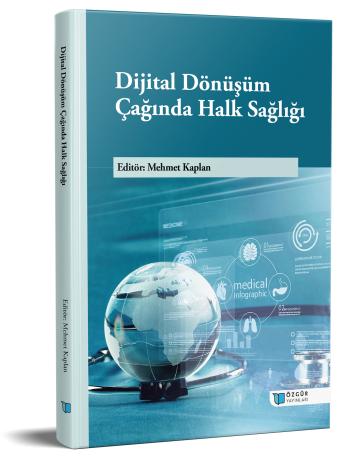
The Effects of Physical Exercise on Health: The Physiology of Exercise and Approaches to Treatment
Chapter from the book:
Kaplan,
M.
(ed.)
2025.
Public Health in the Age of Digital Transformation.
Synopsis
Physical exercise is a fundamental preventive and therapeutic tool for both individual and public health due to its beneficial adaptations across physiological systems. During exercise, complex physiological responses occur in the circulatory, respiratory, musculoskeletal, and endocrine systems; cardiac output increases, respiratory capacity improves, muscle fiber hypertrophy develops, and hormonal balance is maintained. These processes enable the prevention and management of common health conditions such as cardiovascular diseases, type 2 diabetes, osteoporosis, obesity, and depression. Exercise also exerts positive effects on metabolic disorders by regulating glucose metabolism, improving lipid profiles, and enhancing insulin sensitivity. Psychologically, it reduces symptoms of anxiety and depression, while supporting cognitive functions and overall quality of life. Regular physical activity during childhood, adolescence, adulthood, and older age provides developmental and preventive benefits. Furthermore, when integrated into treatment processes, exercise facilitates symptom management in many chronic diseases, enhances functional capacity, and supports rehabilitation. In conclusion, exercise is a core lifestyle component for maintaining health and managing disease.

